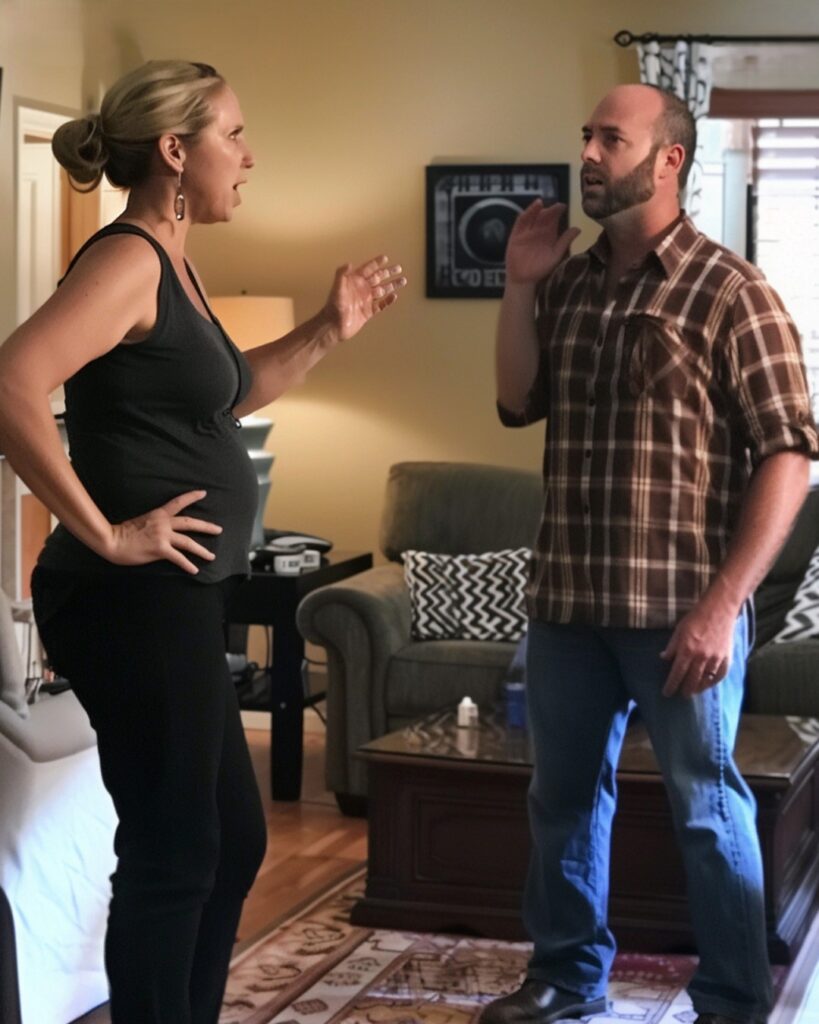I knew my life would change when I remarried, but I never imagined my new wife would try to claim my late wife’s money. That money was meant for our daughters, not for her. She tried to pressure me into giving in, but what happened next would teach her a lesson she would never forget.
One evening, I sat by myself, looking at a photo of my late wife, Edith, and our daughters from a beach trip. A tear ran down my cheek as I whispered, “I miss you, Ed. The girls… they’re growing up so quickly. I wish you could be here to see them.” Her smile in the picture was a painful reminder of the vibrant life cancer had taken far too soon.
A knock on the door broke my thoughts. It was my mother, her face full of concern. She gently urged me to move on, reminding me that it had been three years since Edith’s passing, and that my daughters needed a mother figure. “What about that nice woman from your office? Gabriela?” she suggested.
Though hesitant, her words stayed with me. Perhaps it was time to think about moving forward, not just for me, but for the sake of my daughters.
A year later, Gabriela—Gaby—had become a part of our lives. She was full of energy, quickly filling the space Edith had once occupied. Before I knew it, we were married. It wasn’t the same as with Edith, but it was nice in its own way.
Things seemed to be going well until one day, Gaby cornered me in the kitchen, her eyes sharp with a new intensity. “We need to talk about the girls’ trust fund,” she said, her voice sweet but firm. I froze, unsure how she even knew about it. I explained that the money Edith had left was for our daughters—specifically for their college and future.
That wasn’t enough for her. “And what about my girls?” she snapped. “Don’t they deserve the same opportunities?”
I tried to explain that Edith’s legacy was for her children, but Gaby’s frustration boiled over. “We’re supposed to be one family now, Charlie! If you really treated my daughters like your own, you wouldn’t be hoarding that money for just your biological kids.”
That was when I realized I was seeing a side of Gaby I hadn’t known before. Her persistence wasn’t about family unity; it was about entitlement.
I quickly devised a plan. The next morning, I made sure to call my financial advisor where Gaby could overhear. I arranged to set up a new account for her daughters, funded by our joint income going forward. Gaby overheard and immediately confronted me, her anger evident. “What about Edith’s money?” she demanded.
I stood my ground, firmly stating that Edith’s money would remain untouched. “We’ll build our future together, Gaby, but we can’t take what isn’t ours.”
The weeks that followed were filled with tension. Gaby moved between trying to guilt-trip me and giving me the cold shoulder, but I refused to back down. I had set a boundary, and I wasn’t about to let her overstep it.
My daughters began to notice the strain. One evening, as I tucked them into bed, my eldest asked, “Daddy, is everything okay with you and Gaby?” My heart broke seeing their concern, but I reassured them, telling them it was grown-up stuff they didn’t need to worry about.
Still, Gaby didn’t drop the issue. She kept insisting that her daughters deserved the same as mine. Each time, I calmly reminded her that we were working together to secure all of our children’s futures without touching Edith’s legacy.
Over time, the arguments grew less frequent, though the tension never truly disappeared. Gaby had learned that she couldn’t bully or manipulate me into giving in. I had made it clear that my daughters’ future and the memory of their mother were non-negotiable.
Watching my daughters play in the backyard, I knew I had made the right choice. Whatever the future held, I was prepared to face it, knowing that I had protected what truly mattered.
